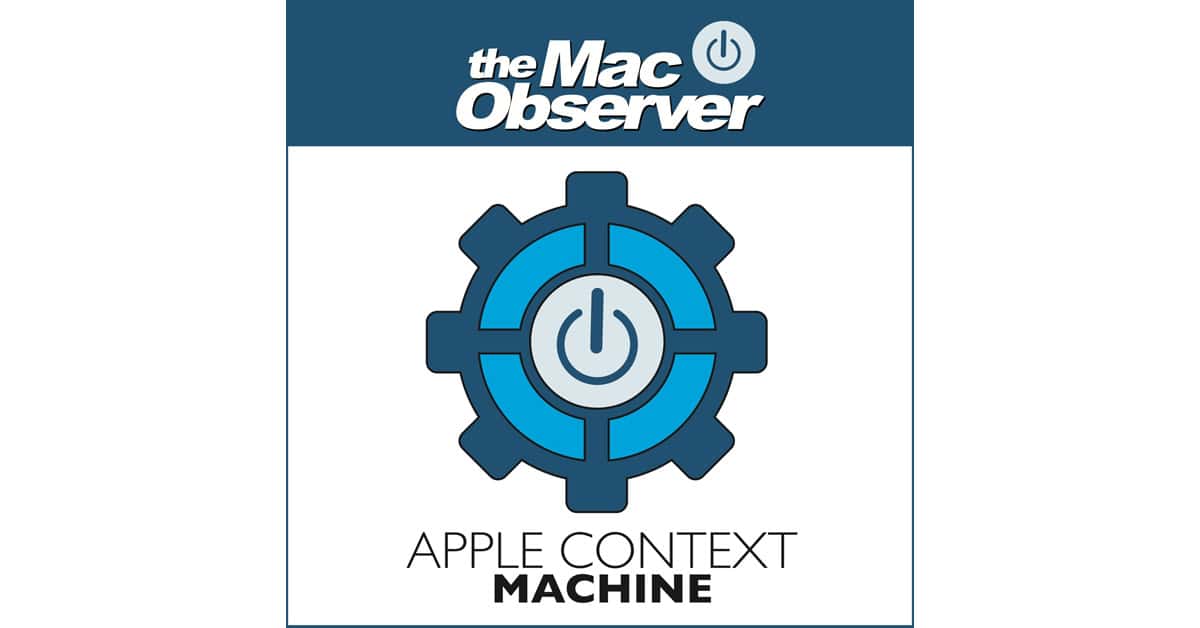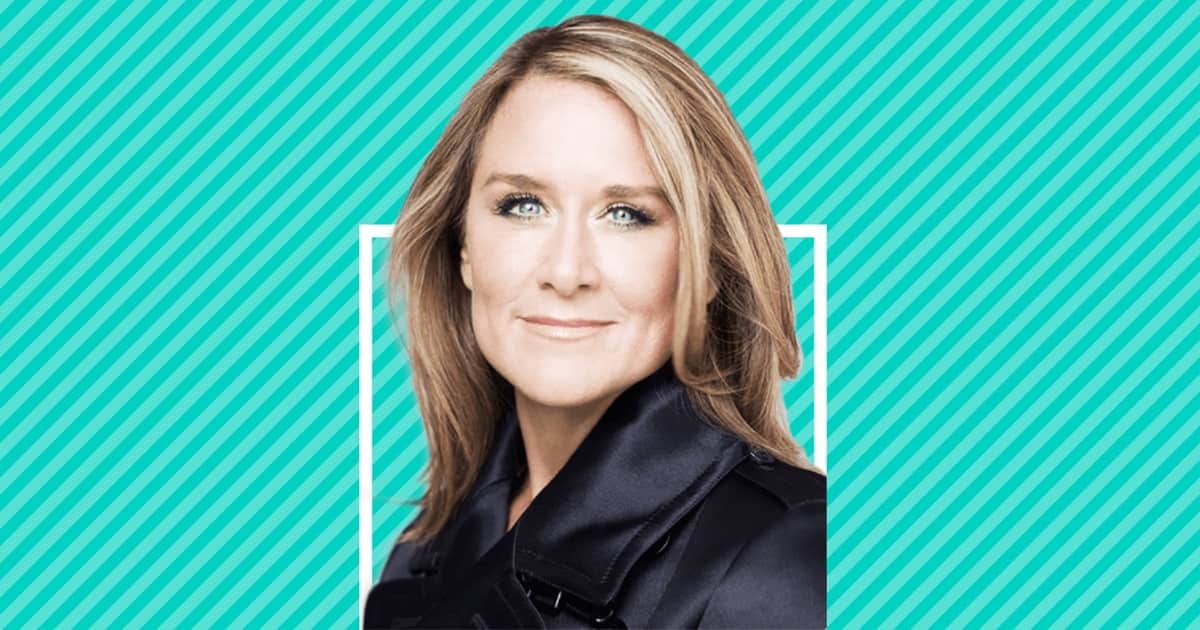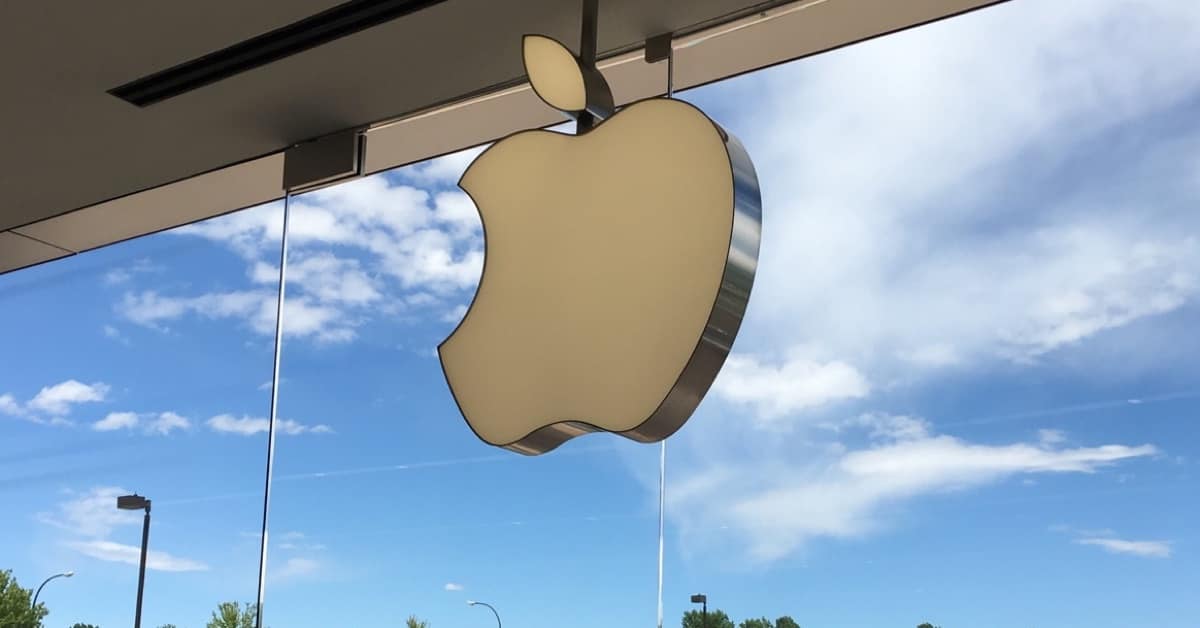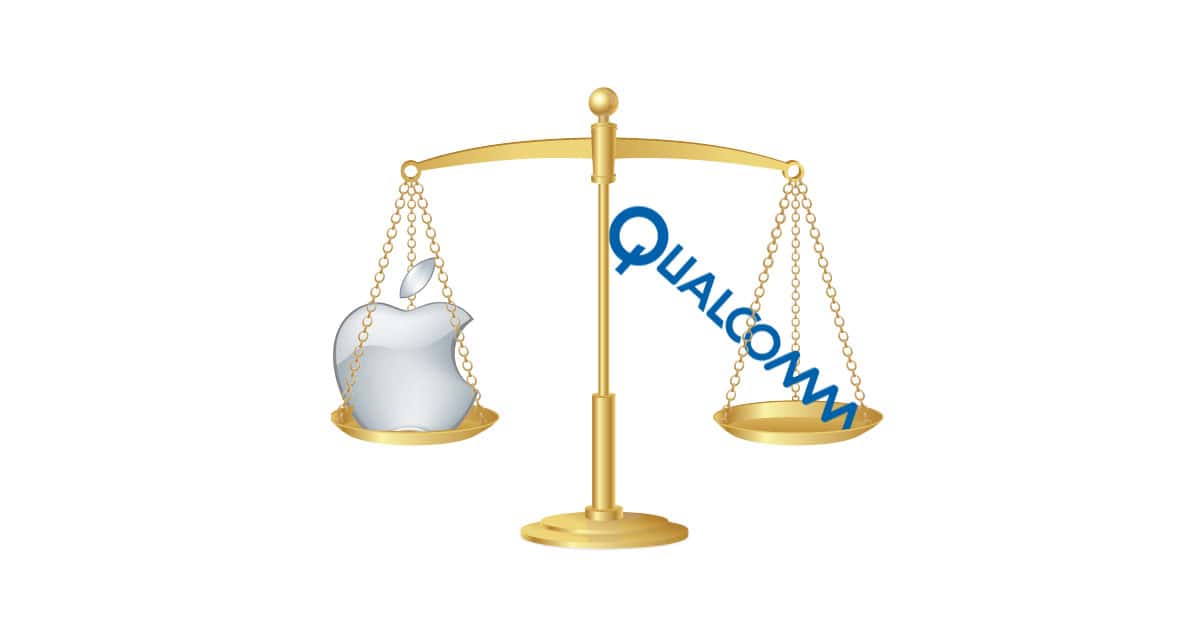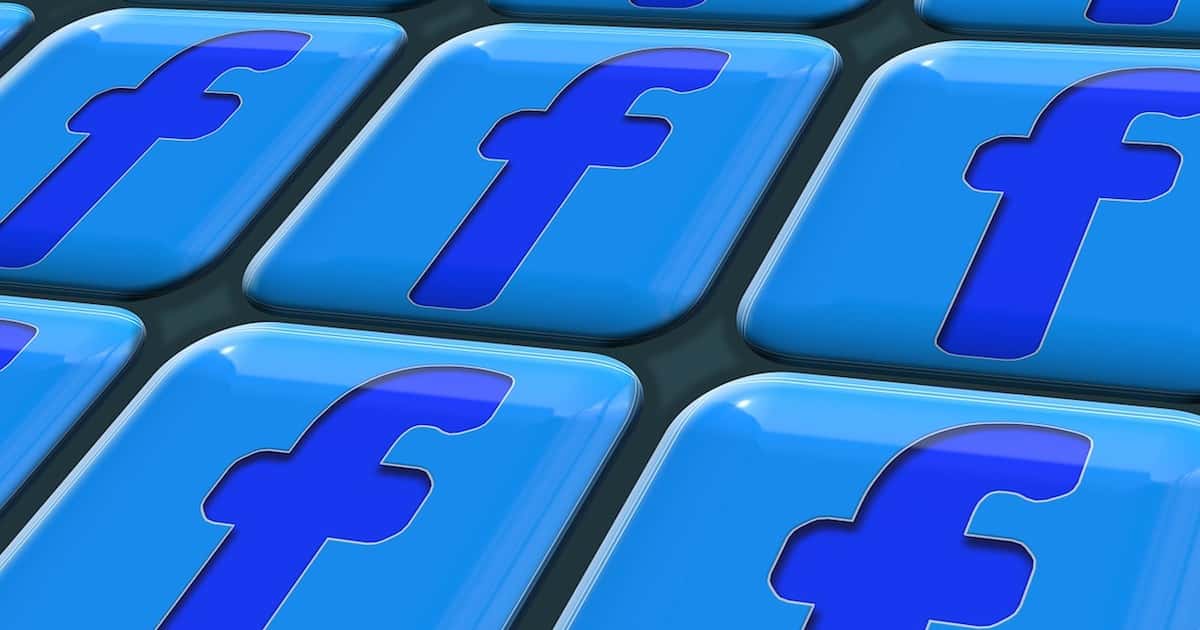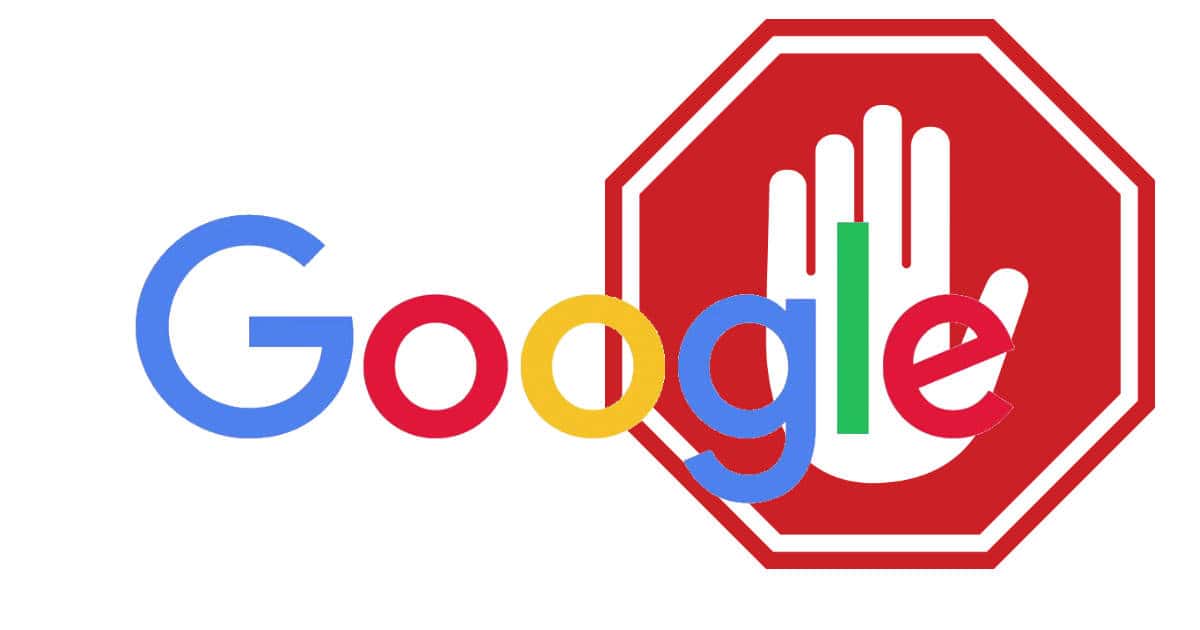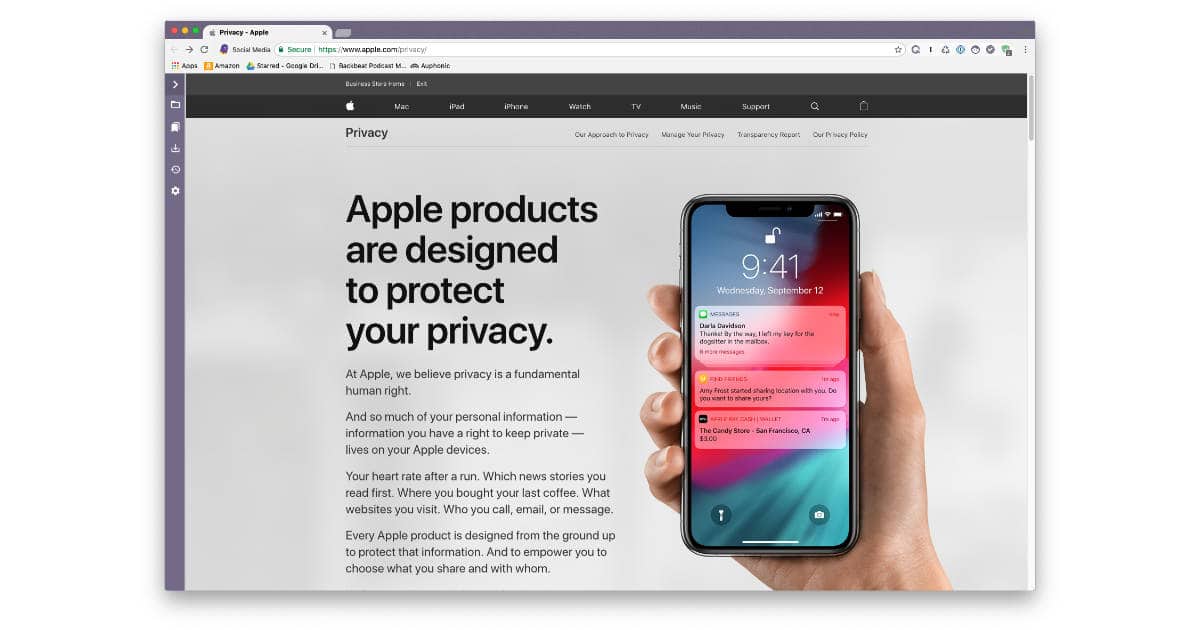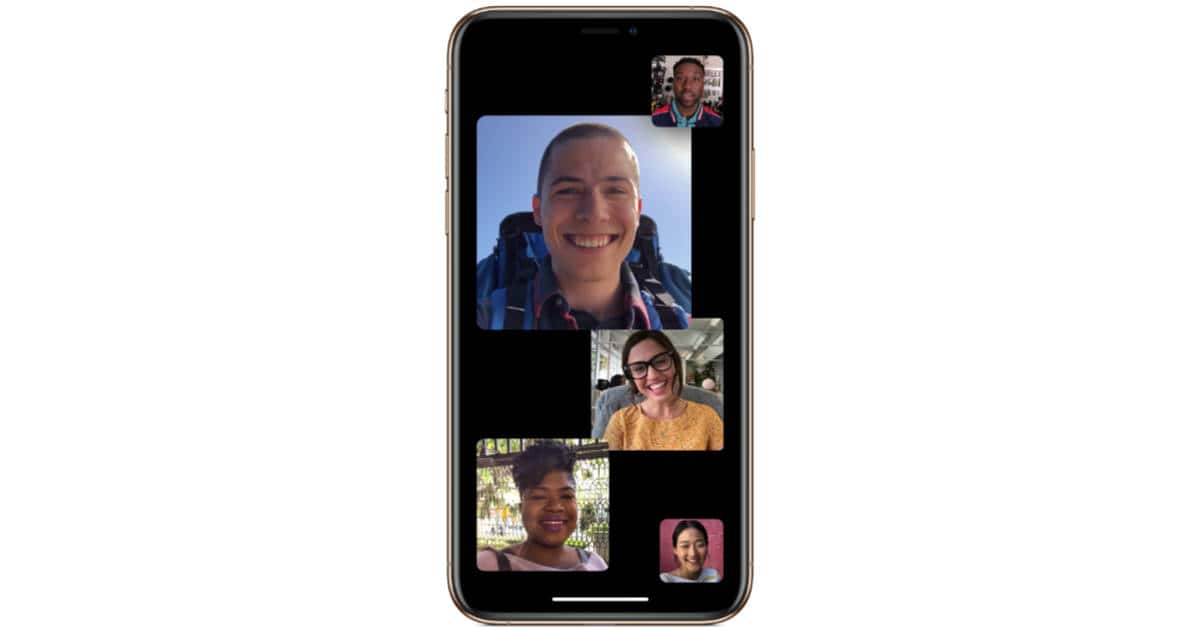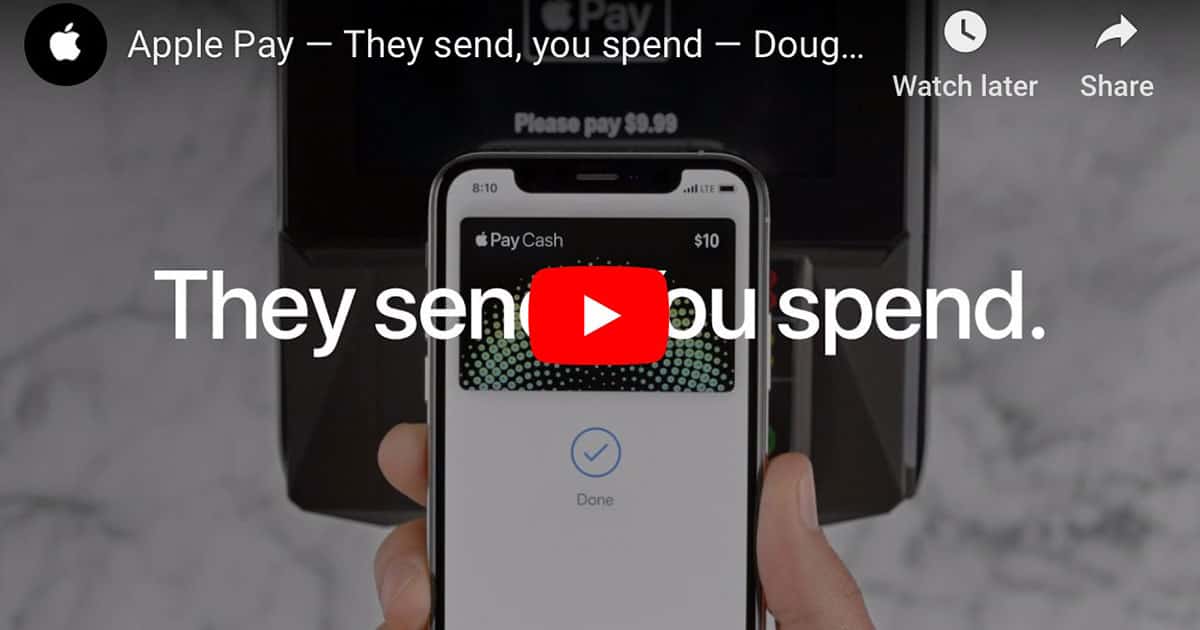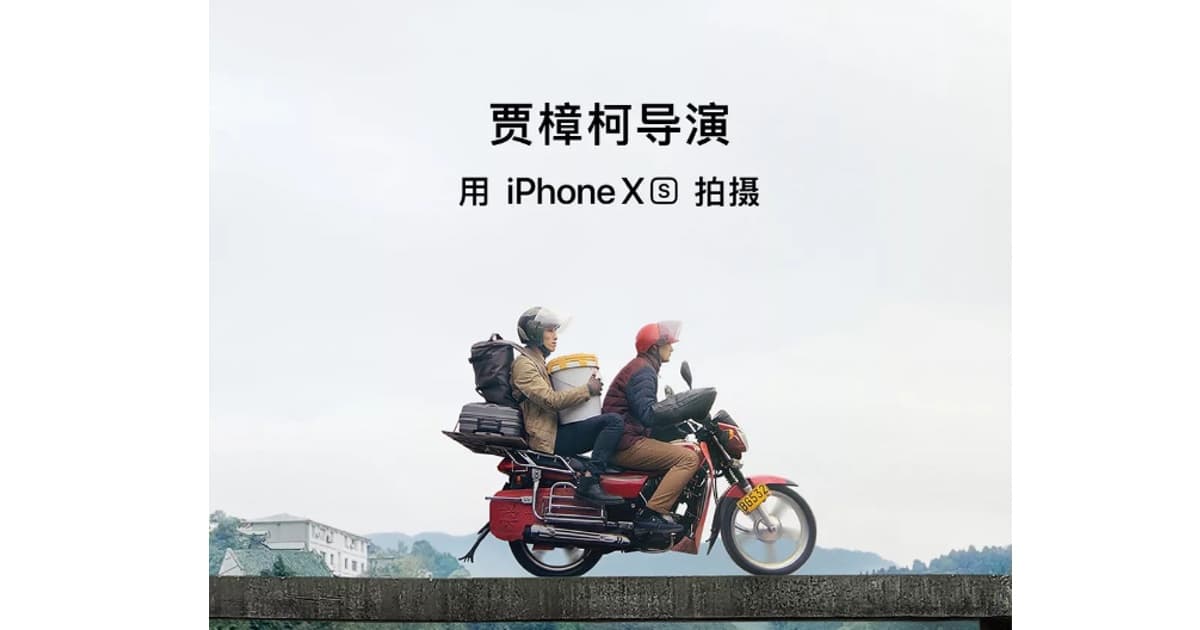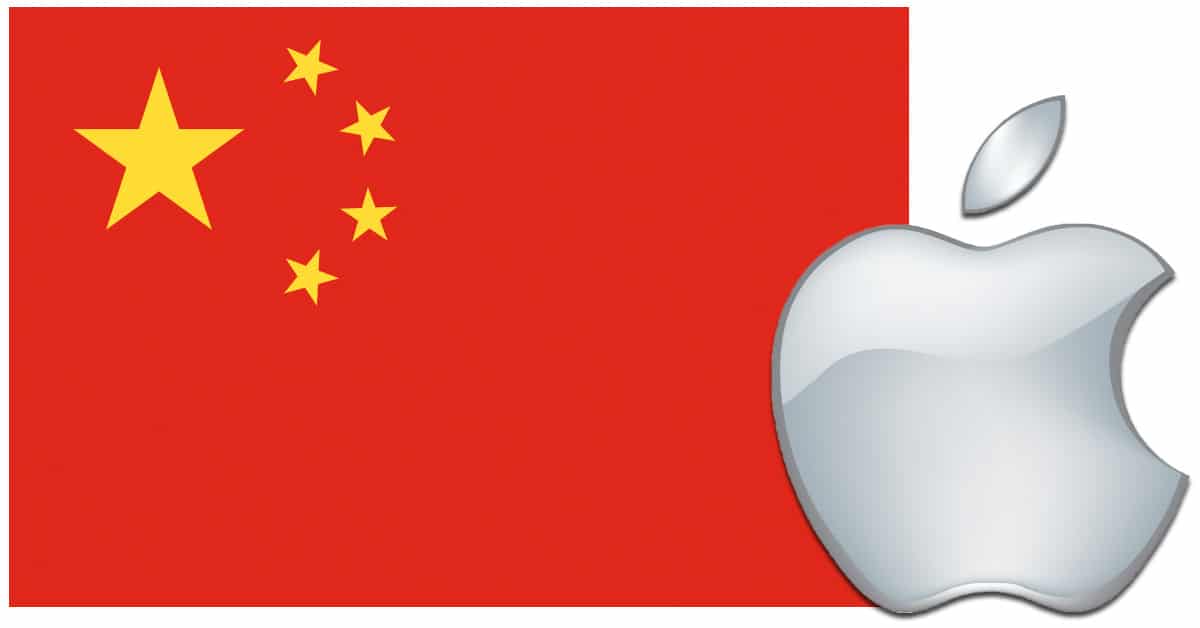Bryan Chaffin is joined by Dave Hamilton to take a very high-level look at Apple, comparing the company from its early days to the company of today, and looking ahead to what kind of company Apple might be tomorrow.
Apple
Angela Ahrendts Leaving Apple in April
In something of a shock move, Apple retail supremo Angela Ahrendts is leaving the company and will be replaced by Dierdre O’Brien.
Apple Annoyances, Charger Lawsuit– TMO Daily Observations 2019-02-05
Andrew Orr and John Martellaro make a grand entrance to discuss how Apple is currently annoying us and a new lawsuit about iPhone chargers.
What Would Happen if You Remove Apple From Your Life?
Kashmir Hill has experimented with cutting out tech giants from her life. In week 5 she found out what it was like to remove Apple.
In addition to abandoning all my iProducts, I am blocking myself from interacting with Apple in any way, using a custom VPN designed for me by technologist Dhruv Mehrotra. The VPN prevents my devices from communicating with the 16,777,216 IP addresses controlled by Apple, rendering iCloud and any Apple apps defunct.
It’s an interesting experiment, especially going so far as to block Apple IP addresses. I look forward to Ms. Hill’s next experiment: Blocking Amazon, Facebook, Apple, Google, and Microsoft all at once.
Apple Agreed to Pay Back-Taxes in France
Apple has agreed to pay back-taxes in France after a multi-year audit, with the settlement reported to be worth $571 million.
This Website Exposes Apple Censorship in China
A new website called AppleCensorship.com exposes how the company censors apps in China at the behest of the government.
A new website exposes the extent to which Apple cooperates with Chinese government internet censorship, blocking access to Western news sources, information about human rights and religious freedoms, and privacy-enhancing apps that would circumvent the country’s pervasive online surveillance regime.
I’m a fan of Apple, privacy, and Apple’s stance on privacy. That being said I think whenever Apple mentions privacy on its website there should be an asterisk with fine print saying: “We believe privacy is a fundamental human right except in these cases.”
3 Things Apple Does That Keep Annoying Us
Dan Moren at Macworld reminds us that there are some Apple practices that continue to greatly annoy customers. In this case it’s all about revenue, and the argument is that Apple could please us greatly for not much loss of income. But at least we have a choice: buy or not buy.
Qualcomm had 4 Lawsuits Against Apple Dismissed by German Court
Apple scored its second legal victory against Qualcomm this month when a German court threw out 4 cases brought by the chip maker.
Apple's Earnings, iPhone Pricing, and Mac Sales, with Jeff Gamet - ACM 499
It’s time to break down Apple’s earnings, and Bryan Chaffin is joined by guest-host Jeff Gamet to do just that. They also discuss the ins and outs, ups and downs, and even some sideways aspects of Apple’s iPhone strategy. They cap the show with a look at Apple’s one weird trick of goosing Mac sales, which is to release new Macs.
Facebook Got its Apple Enterprise Certificates Back After Rule Violation
Facebook had its enterprise certificates restored by Apple. They had been revoked following the exposure of rule violations.
Apple Revoked Google Enterprise Certificates
Apple followed up on its revocation of Facebook’s enterprise certificates by revoking Google’s for an app that violated App Store rules.
Apple Sued Over Group FaceTime Eavesdropping Bug
An Attorney in Houston, Texas sued Apple Wednesday as the fallout over the Group FaceTime eavesdropping bug continued. Bloomberg News reported on allegations from Larry Williams. He claimed the flaw resulted in him being eavesdropped on while a client was giving sworn testimony in a deposition.
Attorney Larry Williams II said the glitch intrudes on the privacy of “one’s most intimate conversations without consent,” according to the complaint he filed in state court in Houston. He said he was eavesdropped on while taking sworn testimony during a client deposition. Williams is seeking unspecified punitive damages on his claims of negligence, product liability, misrepresentation and warranty breach.
Apple's Privacy Stance Means it Does Not Get a Pass on FaceTime Security Bug
It was revealed Monday that Group FaceTime has a major bug. It allows a caller to hear the person they are ringing before the recipient has picked up the phone. As Ben Lovejoy points out on 9to5Mac, Apple, and Tim Cook, in particular, have taken a very strong stance on privacy in recent months. The company even put a big privacy advert on the side of a Marriott in Las Vegas during CES. It has received a lot of praise for its approach to privacy. However, that does not mean they cannot be held to account when a security flaw like this is exposed. In fact, arguably we should expect more from a company that puts such importance on privacy.
This particular FaceTime bug occurs only when someone does something completely illogical and unexpected: adds themselves to a call they initiated. I appreciate this would have been a tricky scenario to anticipate and include in testing. But when you are Apple, a company which has talked of little other than privacy over the past few months, then you don’t get a pass on this.
Group FaceTime Offline After Major Security Flaw Revealed
A major Group Facetime security bug allowed users to hear and see a recipient before they had accepted a call.
Here's Why iPhone Assembly Doesn't Happen Here
Apple relies on China for a huge part of its manufacturing needs. But why can’t the company bring it back to the United States? Custom screws.
The challenges in Texas illustrate problems that Apple would face if it tried to move a significant amount of manufacturing out of China. Apple has found that no country — and certainly not the United States — can match China’s combination of scale, skills, infrastructure and cost.
Manufacturing and cheap labor are the reasons why Apple and other companies go to China. The GOP can talk about bringing jobs like that back, but it’s not an easy problem to solve.
Apple Outspent by Rivals in Record Year of Tech Lobbying
Tech firms spent a record amount lobbying the U.S. Government in 2018. Re/Code reported that Apple spent $6.6 million, slightly down from $7.2 million the year before. Although significant, Apple’s outlay was lower than that of the other major tech firms. For example, Google spent $21 million, while Amazon spent $14.2 million, and Facebook spent $12.6 million. Microsoft too outspent Apple, spending $9.5 million. In total, the firms invested $48 million in lobbying in 2018, up 13% from the year before.
Lobbying growth among the tech giants — especially companies that leverage user data for advertising revenue — comes as they are falling under increased government scrutiny. Facebook in particular faces a record Federal Trade Commission fine over apparent violations of data privacy practices in the Cambridge Analytica scandal that was revealed last year.
Social Media and Photography, AR's Killer App, Far Future of iPhone, with Andrew Orr - ACM 498
Bryan Chaffin is joined by Andrew Orr to talk about social media and photography. They also talk about where AR can go and what the killer app of this emerging technology could be. Still donning their futurist hats, they look at what iPhone might in 10, 20, and even 50 years.
Apple Has 3 New Spots to Promote Apple Pay Cash in iMessage
The spots show Apple Pay Cash being used by family members to share costs and directly pay for stuff.
Apple and Valencell Settled their Patent Dispute
Biometric firm Valencell and Apple have settled a long-running patent dispute. MacRumors confirmed that that the lawsuit was settled in September 2018. Valencell provides the optical heart rate monitoring and biometric sensors in a number of devices. It claimed Apple solicited information about its technology on the pretense of a potential licensing agreement in the run-up to launching the Apple Watch.
The biometric company also accused Apple of deciding it was more financially beneficial to risk infringing on Valencell’s patents than to license them, claiming that the practice was “consistent with the statement by Apple CEO Steve Jobs that Apple has ‘always been shameless about stealing great ideas.'” Valencell had requested a preliminary and permanent injunction preventing future acts of infringement, as well as damages and an ongoing royalty rate for licensing purposes should a permanent injunction not be granted.
New 'Shot on iPhone XS' Film Set for Chinese New Year Release
Apple looks set to release a new “Shot on iPhone XS” film in the near future. 9to5Mac picked up on Chinese reports which indicated that the new clip will be will be released to coincide with Chinese New Year. Those reports suggested that the latest iPhone XS short will be officially announced on January 25th. Apple released a “Shot on iPhone XS” film back in September 2018. It showed off the camera’s slow motion, time-lapse, and 4K capabilities.
A post on Chinese social network QQ.com shares what appears to be teaser materials for the film. Text invites you to click on text to reveal the protagonist of the film, and doing so reveals a man with a taped-up bucket … Other text asks whose story will be told, and how the secret will be kept, revealing further images of the man on the back of a motorcycle and a closer shot of the bucket.
Chinese Think-Tank Blasts Apple's Taiwan and Hong Kong References
A Chinese think-tank criticized Apple, Amazon and a number of other firms for the way they reference Taiwan and Hong Kong, Reuters reported. Tawain is considered a wayward-province by China. Hong Kong was returned to China by the British in 1997 and is a semi-autonomous region. Apple is amongst a number of firms that refers to both Hong Kong and Tawain as separate from mainland China, something the Chinese government has been trying to crack down on recently.
China last year ramped up pressure on foreign companies including Marriott International and Qantas for referring to Taiwan and Hong Kong as separate from China in drop down menus or other material. The report was co-written by [Chinese Academy of Social Sciences] CASS and the Internet Development Research Institution of Peking University. An official at the Internet Development Research Institution told Reuters that it had not yet been published to the public and declined to provide a copy.
Questions for Apple in 2019
Since 2015 Above Avalon has published a list of questions for Apple, across hardware, software, services, and “big picture.” Here are the questions for Apple in 2019.
January is a great time to embrace the unknown rather than come up with Apple predictions for the next 12 months. Accordingly, this is my fifth installment of Apple questions as a new year kicks off.
It’s a big, detailed list and lays out things we wonder and things rumors have suggested.
Apple's Services Future. It's Going to Be Different.
Apple’s growing services business, and its increasing openness to having its software on other people’s hardware, is one of the most fascinating stories in tech at the moment. Tech blogger turned venture capitalist M.G. Siegler has written an excellent summary of the situation on Medium. As he says, the future for the company “is going to be… different.”
Incidentally, it was a pod that really started to change the equation. The iPod. In order to reach a wider audience with that device, Apple had to do something that was seemingly against Steve Jobs’ DNA: make software for Windows. (Ice water! In Hell!) And the slope ultimately proved slippery, albeit in a slow way. Eventually, we got (and then lost) Safari for Windows. And in the more recent era, Apple Music for Android. And Alexa.
German Court Dismissed Qualcomm Patent Case Against Apple
A judge in Germany ruled that one a patent infringement case brought by Qualcomm against Apple is groundless.
